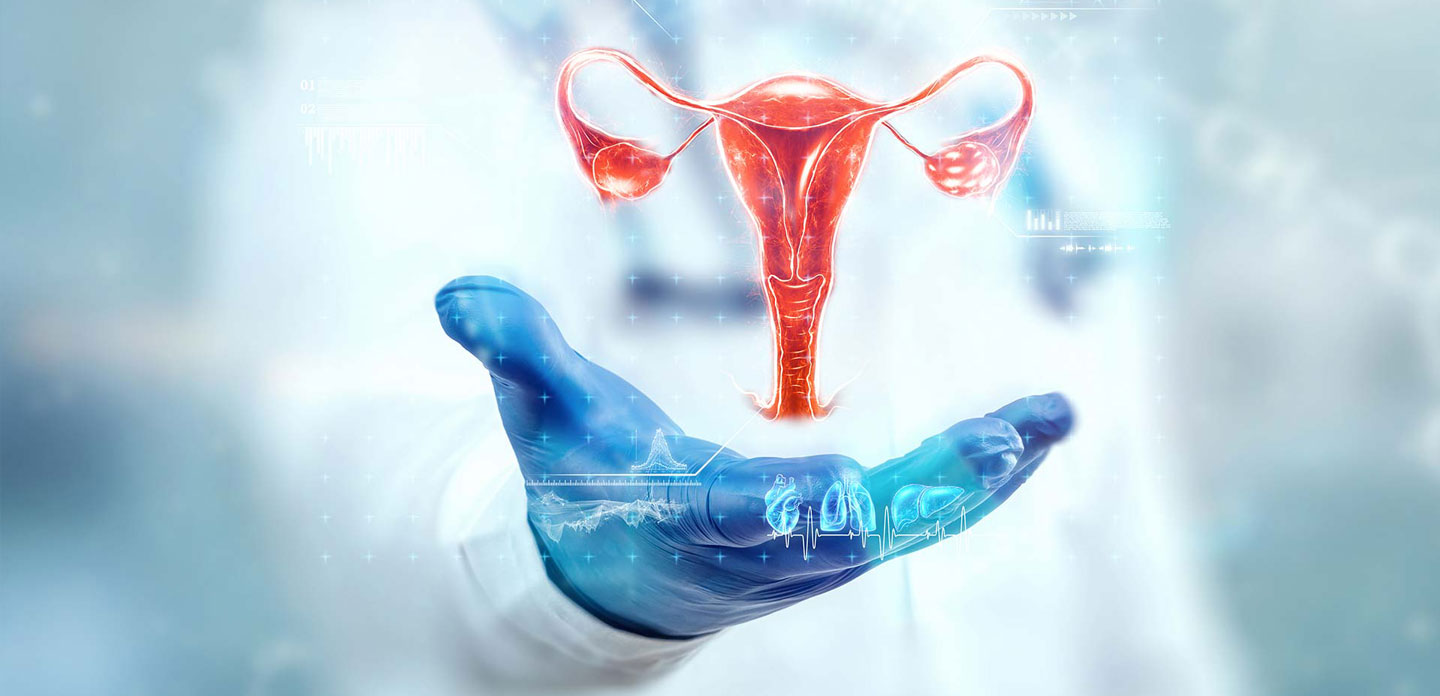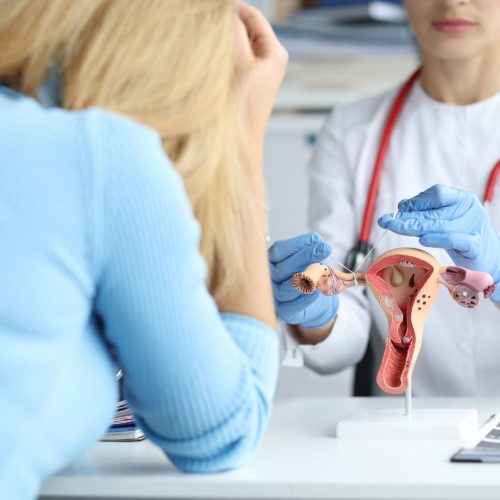Polycystic ovary syndrome (PCOS) is the most common hormonal disease in women in the reproductive period, whose incidence is estimated at as many as 8-18% of the population, meaning that every tenth woman has this problem.
Symptoms
The syndrome is characterized by a number of associated symptoms, the most common of them are: enlarged ovaries with numerous water cysts, menstrual dysfunction, increased malnutrition, occurrence of central type acne and obesity, hair loss and decreased target organ resistance to insulin (insulin resistance).
Diagnosis
The exact cause of PCOS is not yet completely clear. In recent years, there has been an association between polycystic ovary syndrome and elevated insulin levels, which, according to some experts, is a central event in the onset and development of PCOS. The diagnosis is certainly made by a gynecologist after an ultrasound examination and medical history.
It often happens that women do not recognize or treat this disease for years, which can lead to a number of serious consequences, including an increased incidence of miscarriages, cardiovascular problems, and increased levels of fat in the blood, which introduces the patient to the metabolic syndrome. Therefore is important that women do not ignore any of the symptoms they see in order to diagnose the problem as soon as possible and to start treatment.






